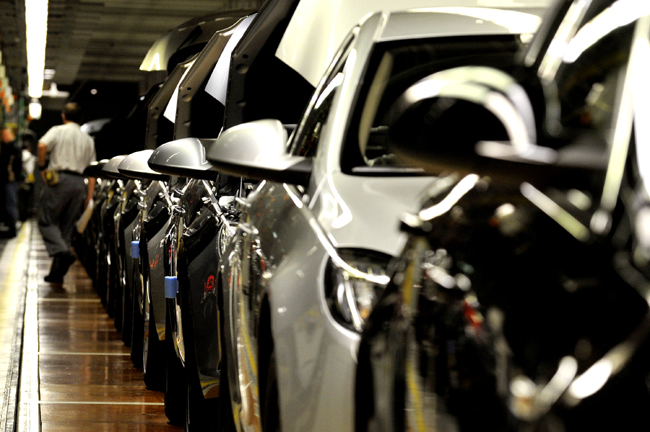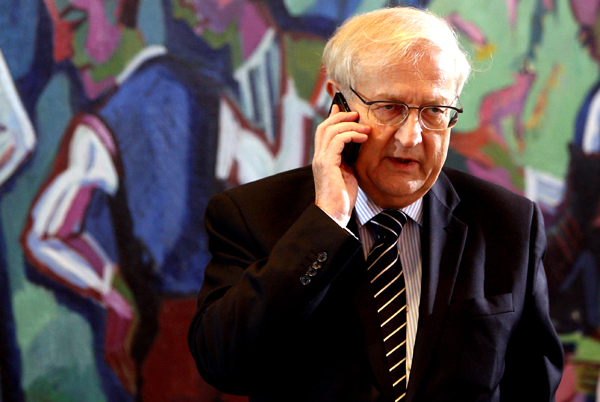Business Maverick, Politics
GM keeps Opel, seriously pisses off Angela Merkel

The improving global car landscape, coupled with US government-assisted bankruptcy that wiped all the bad stuff off the balance sheet, have emboldened the new GM CEO Fritz Henderson to wipe an another slate clean: on Tuesday, GM announced that it would cancel the sale of its European business, with Opel and Vauxhall brands, to Russian-backed Canadian parts company, Magna International.
From the very beginning, the deal looked more like a smash-and-grab purchase rather than a legitimate, sanity-based calculation. GM was in serious trouble for a long time and its European fortunes looked bleak. Its operation there employs about 54,000 workers, of which 25,000 are in Germany – and the futures of all of them were uncertain. From the other side of the issue, Germany was in an election year and Chancellor Angela Merkel was not going to be seen as not fighting for German jobs. So she wanted GM to sell Opel, and sell it fast, to Magna International, the Canadian auto-parts company that happens to be bankrolled by Russian money. Merkel wanted a quick deal with good news for Opel’s employees so she could concentrate on keeping her job after the September general elections, (which she did, by a considerable margin). So committed was she, that she promised Opel €4.5 billion in loan guarantees and gave it an extra €1.5 billion credit line, which covered all Opel’s cost until November.

Photo: Rainer Bruederle, Economy Minister speaks on a mobile phone before the cabinet meeting at the Chancellery in Berlin November 4, 2009. General Motors will return the money it was loaned by Germany to help Opel, German Economy Minister Bruederle said on Wednesday after the U.S. carmaker decided to keep its European unit. REUTERS/Thomas Peter
GM really didn’t like the deal. Magna would let GM keep 35% of the company, but it would have lost all control over Opel’s technology, which would probably end up in the hands of Magna’s Russian backers. Not good. As we reported before, the German government involvement was borderline illegal and the EU was unlikely to approve it anyway. Nevertheless, the unions are now very unhappy with the GM decision, as its plans for the company include at least 10,000 job cuts – although Magna would have done pretty much the same. But the unions are positively mild compared to Merkel, who more or less blew her top when she heard of GM’s change in course. Merkel now demands GM repay the €1.5 billion credit by the end of November. What will happen next depends on both sides’ abilities to behave like adults. An all-out war is unlikely, but it is equally unlikely the next couple of weeks will be boring.
Read more: New York Times, BBC News
WATCH: AP video
Main photo: Newly built “Insignia” cars of General Motors German unit Opel are lined up inside the assembly hangar at the Opel headquarters in Ruesselsheim, December 3, 2008. REUTERS/Kai Pfaffenbach(GERMANY)


















 Become an Insider
Become an Insider